 Striker Ollie Watkins has attracted plenty of interest with his performances Photo: Reuters/Hannah Mackay
Striker Ollie Watkins has attracted plenty of interest with his performances Photo: Reuters/Hannah Mackay
Could Liverpool sign Ollie Watkins? In one respect this is tantalizing news about summer transfers, but at the same time it reflects a debate that will be at the very heart of this week's Premier League AGM.
Profit and sustainability rules (PSR) dominate. season 2023-2024 – and as the summer window opens, it is still alive. Aston Villa, the Premier League's new Champions League representatives, are at the heart of the matter and, as a result, have the club's leading players such as Watkins, Villa's 27-goal striker last season. In any other circumstances, selling Watkins would have been unthinkable ahead of Villa's first European Cup season since 1983. What makes this believable is the PSR factor.
Villa's £119.6m loss for last season, announced in March, puts them at risk of breaching the PSR. Not all of this loss figure will represent a PSR loss. However, it is not difficult to understand why the club proposed on the AGM agenda to increase the allowable PSR losses from £105 million to £135 million for this latest three-year monitoring period under current rules. Without player sales this summer, perhaps Villa could have broken through, and the first rumors of Liverpool's interest in Watkins — real or not — emerged this week.
Whether this is accurate or not is the question of the sale itself. Watkins This is a scenario that Villa may have to accept, and another scenario that the Premier League will have to deal with.
This is a huge problem facing the PSR Premier League: not all models for distributing football's vast wealth are under the Premier League's control. The biggest clubs are paid by UEFA to participate in the Champions League, and the system focuses on clubs that qualify each year. Until UEFA gets rid of this bias (a historical indicator known as UEFA coefficient), the biggest and richest clubs will always have an advantage.
In short, clubs receive a larger share of UEFA rights revenue based on historical performance. This skewed Newcastle United's earnings this season in the Champions League because their coefficient was non-existent after a decade of absence from any UEFA competition. Although the formula for calculating broadcast revenue will change next season, it is likely to have a similar impact on the revenue of Villa, another Champions League newcomer.
Football finance analyst Kieron O’Connor has calculated that, under the current revenue formula, Manchester United will earn £60m from UEFA’s Champions League distribution this season, almost double Newcastle’s £34m. This is despite both clubs being eliminated in the group stage, with Newcastle picking up one more point than the Manchester side from six games. Of the €2bn UEFA will distribute to Champions League clubs this season, €600m will be split according to a team’s coefficient – their performance over the past ten years.
From next season, the weighting of UEFA’s Champions League distribution by coefficient will be woven into a more complex formula. Some of this will be combined with the revenue UEFA will receive from broadcasting each club’s matches. However, the clubs' historical performance — over five or ten years, depending on the relevant part of the calculation — will still play a role.
It's an old relic from the days when UEFA lost control of its biggest clubs following a scandal that killed its former president, Michel Platini, in 2016. The coefficient is an anti-competitive pill for competitions. One that ensures that new Champions League entrants such as Villa or Newcastle fail to make significant gains in revenue in their first season and may struggle to succeed or actually qualify again next season.
 Newcastle have dropped from fourth in last year's Premier League to seventh this year. Photo: Harriet Massey/Getty Images
Newcastle have dropped from fourth in last year's Premier League to seventh this year. Photo: Harriet Massey/Getty Images
Last season Newcastle dropped from fourth place in 2022-23 to seventh this season, and the same could happen for Villa. Changing the cap on allowed PSR losses from £105m to £135m simply imports UEFA inequality into the Premier League and potentially damages the league's competitive balance. Crystal Palace have proposed a mechanism to level out UEFA's long-standing club bias. One in which owners like Villa's will be able to make additional equity investments based on the average return that Champions League Premier League clubs receive from UEFA odds payments.
This is a difficult problem to solve. In the three-season 2024-2027 Champions League cycle, UEFA will distribute a total of €2.5 billion, a 25 percent increase on the previous cycle, to the 36 clubs of the new format. Of this third, €853 million, what UEFA calls «value» will be partly calculated based on the club's rating coefficient — a historical indicator.
Changing the Premier League's PSR loss cap is a complex issue given what has happened to Everton and Nottingham Forest over the last 12 months, and Leicester City now facing potentially even greater penalties for historical breaches. The PSR exists to protect the Premier League and the competitive balance of the competition. But he is fighting measures that mean established Champions League clubs earn more in Europe regardless of results.
UEFA payments based on historical results are bad policy from an era that tried and failed to stop the original the breakaway of the Super League — and was allowed as a compromise solution. They are a shadow of an attempt to create a Super League of permanent members. UEFA is allowing them to survive in order to curb subsequent proposals from the same lobby for a European league structure that would see newcomers like Villa relegated to the third division rather than the elite.
The problem for clubs like Villa is that that they do not allow them to invest again when they reach the promised land of the Champions League. The resulting €2.5 billion should be distributed by UEFA partly equally, partly based on results — and nothing in between.










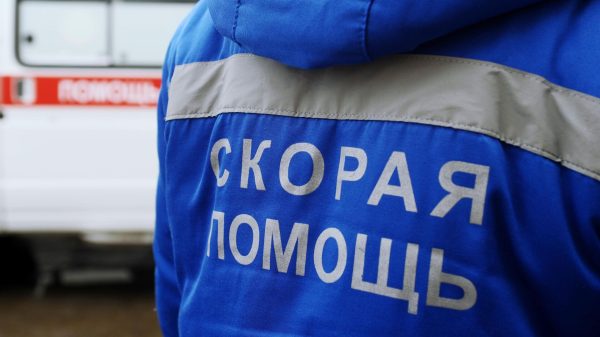




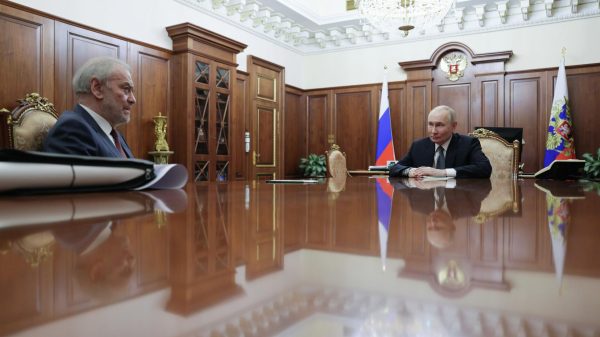

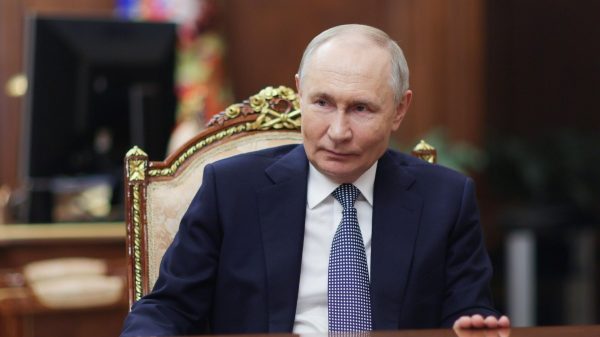
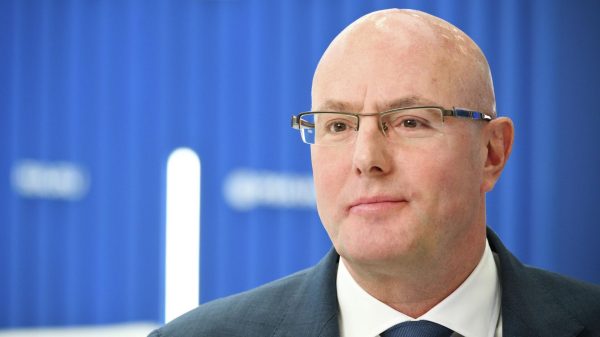


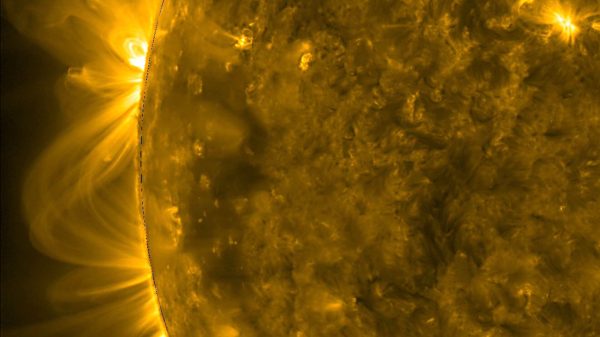





























Свежие комментарии